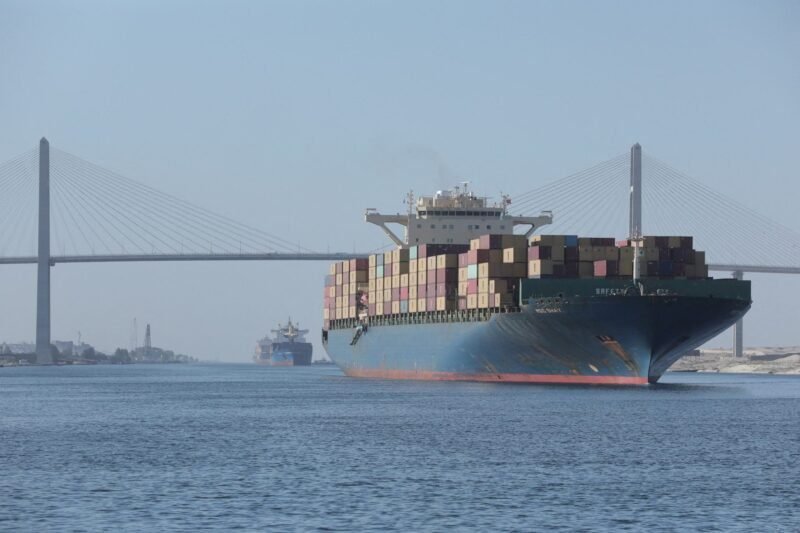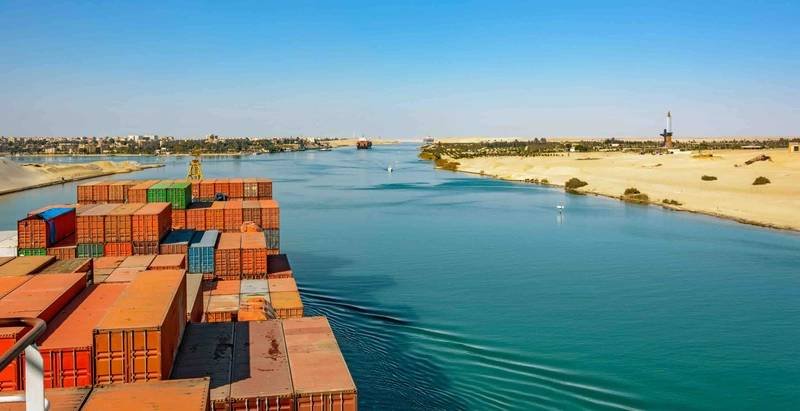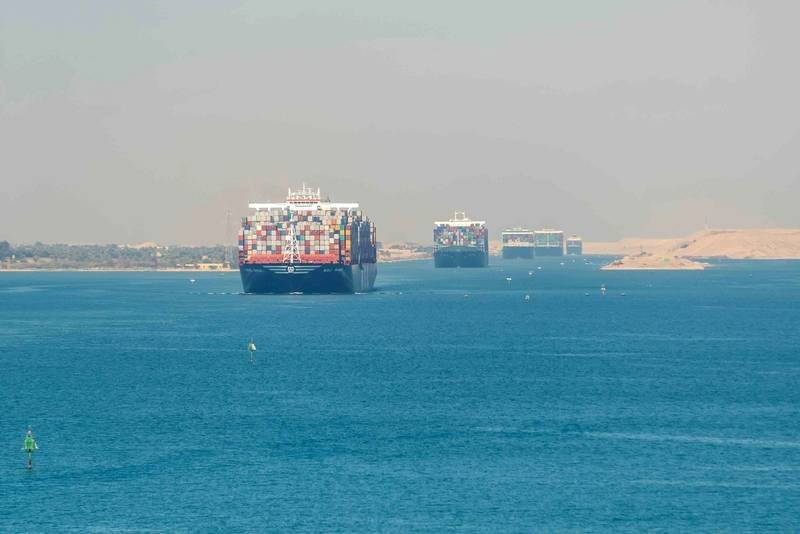The Egyptian economy has faced a significant decline in revenue from various sources, putting pressure on the country’s foreign exchange reserves and increasing the urgency for reforms and external assistance. The Suez Canal, a major source of revenue, saw a 40% drop in revenue in the first 11 days of January following attacks by Yemen’s Houthis. This, along with declining remittances and other factors, has led to a sharp decrease in Egypt’s foreign currency reserves.
The decrease in revenue from the Suez Canal, declining remittances, and other factors have put Egypt’s foreign exchange reserves in a precarious position as the country needs foreign currency for essential imports and to repay its foreign debt. The decline in revenue from the Suez Canal is particularly concerning as it is a direct source of foreign exchange revenue for the government.
Various sectors, including natural gas exports, tourism, and labor remittances, have all faced significant declines in revenue, further exacerbating the country’s economic challenges. The government has resorted to printing more money to finance the deficit, leading to concerns about inflation and the stability of the currency. This situation has increased the urgency for reforms and external assistance to stabilize the Egyptian economy and bolster its foreign exchange reserves.

















